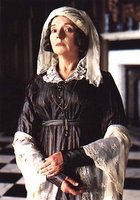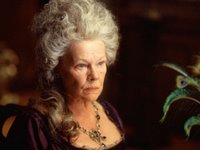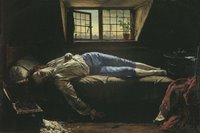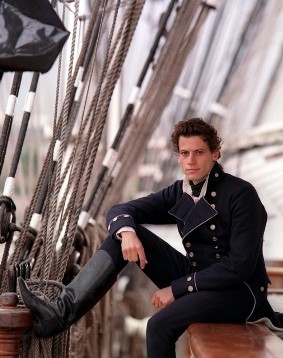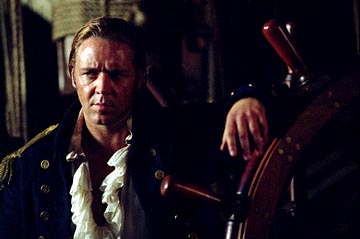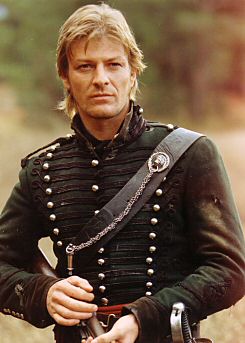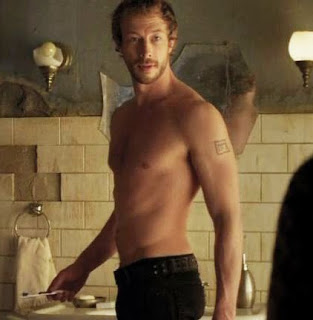 So I have mentioned my day job, which is being the Community Manager at HeroesandHeartbreakers.com. One of my primary responsibilities is to assign blog topics, and to see what’s working and what’s not, and follow up in response.
So I have mentioned my day job, which is being the Community Manager at HeroesandHeartbreakers.com. One of my primary responsibilities is to assign blog topics, and to see what’s working and what’s not, and follow up in response.
One of the things I knew prior to starting the job–duh!–is that paranormal romance is the most popular genre. Not only that, once we started gathering a relatively large community, I saw that PNR posts inspire the most passion.
So why is that? It’s not like historical fans aren’t passionate, nor that they don’t visit the site and read the posts. They just don’t get all hot under the collar (and other places…) the way PNR fans do.
One of the reasons why, I think, is that although historicals are released in series, they don’t have ongoing cliffhangers. Or if they do, it’s not the Fate of the World that is in balance, but perhaps discovering who a spy is, or who stole the jewels, or who someone’s parents are, or whatever. Not earth-shattering stuff.
I also think that historicals, once the HEA is achieved, don’t have many places to go; in PNRs, there is always a world to save, or demons to kill, or vampires to stake. A couple can BE a couple in subsequent books and still be interesting. How interesting would it be to see Lord and Lady Whomever live their lives, have great sex, and be all spoony about each other?
I have to admit, as someone who gets bored once the couple is happily together–even at the end of the book–it wouldn’t be interesting at all.
There are historical mysteries featuring ongoing couples, but their working relationship is more important than their romance, at least in the ones I’ve read. They’re not as passionate anymore because they have to concentrate on solving the mystery.
So–any thoughts about how a historical series could spur on the kind of passionate response a PNR series has?


